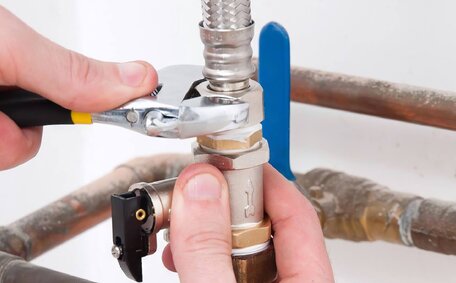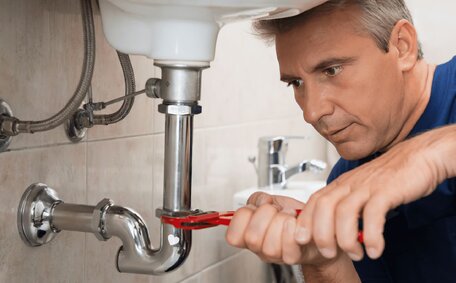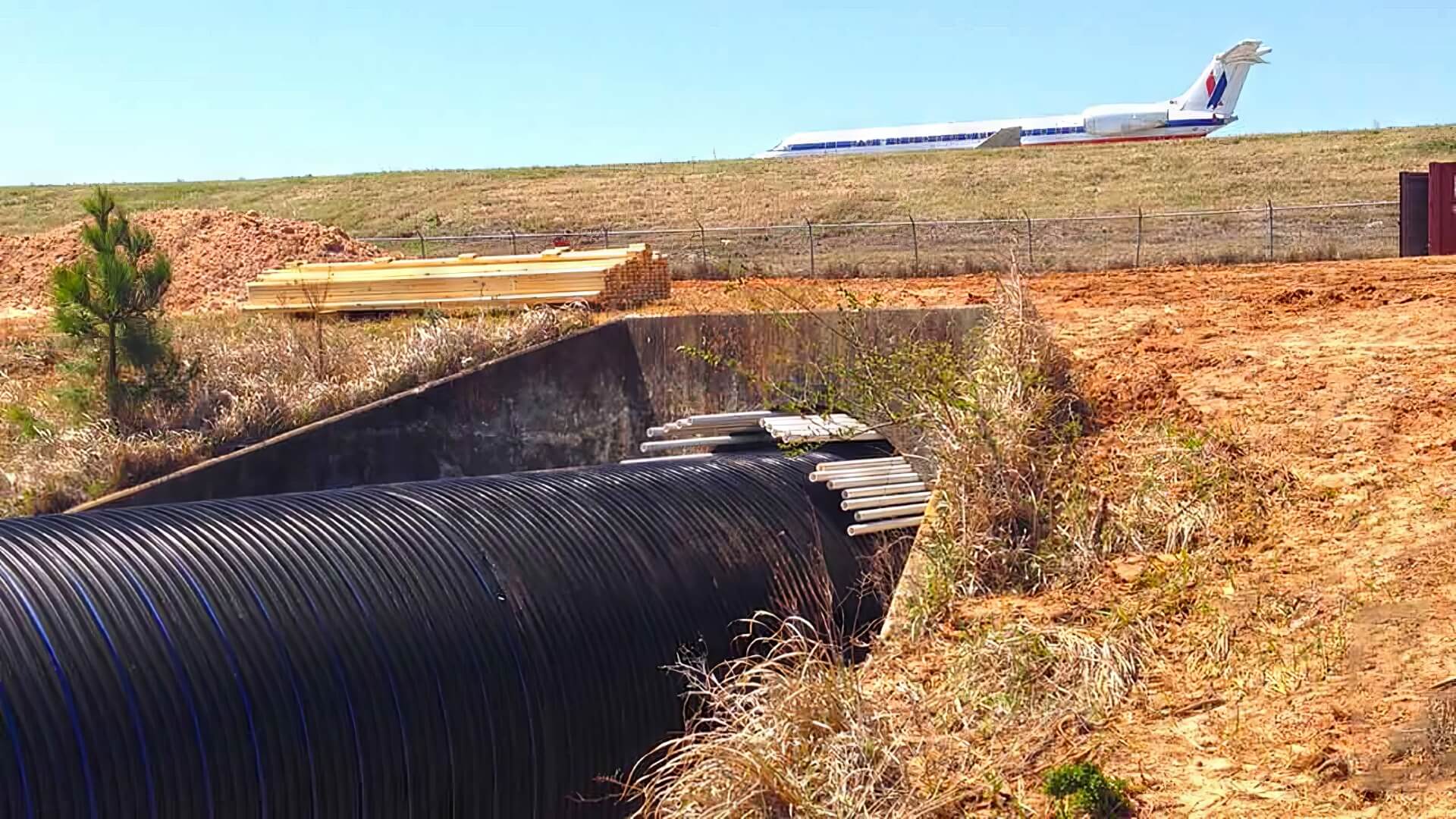
Is a broken tap an emergency?
A broken tap that is causing flooding, water wastage or damage should be treated as a plumbing emergency. Call our 24/7 emergency plumbers for prompt repairs to burst pipes, damaged taps, water leaks and more.
Read More| System Type | Typical Upfront Cost |
| Electric Storage Water Heater | $500 - $1500 |
| Electric Instant Water Heater | $1500 - $2500 |
| Gas Storage Water Heater | $1000 - $2000 |
| Gas Instantaneous Water Heater | $2000 - $4000 |
Electric water heaters tend to be more affordable initially, with storage units averaging $500 to $1500 and instant models costing about $1500 to $2500.
Gas water heaters, which are economical to operate, are priced between $1000 and $2000, but the instantaneous models can cost between $2000 and $4000. Despite potentially longer lifespans, gas heaters have a higher upfront expense than electric ones.
When it comes to installation, gas hot water systems are more complex and require more specialised expertise to install than electric systems. Key factors affecting gas system installation include:
Electric hot water systems require fewer installation prerequisites, yet they still necessitate:
Our expert North Ryde plumbers can guide you through the requirements and installation of your hot water system, including ideal location considerations for devices like heat pumps, with a focus on usage, connectivity, and safety.
Overall, gas heaters involve more intricate installation deliberations than electric options within your water system. But our team handles all aspects of the process for stress-free upgrades or replacements.
There are a number of rebates and incentives available from the Australian government and energy providers that can reduce the overall cost of installing either an electric or gas hot water system:
When it comes to the right setup, exploring all available rebates and incentives when comes to deciphering between gas electric options and their counterparts, as it can make more environmentally-friendly options like heat pumps and solar hot water more affordable.
Our team can help identify rebates or discounts suitable for the water heater in your home, supporting your water heating needs financially.
Gas water heaters are usually around 30% more energy efficient than electric ones, leading to more economical daily operation.
The efficiency advantage helps owners save through lower running costs. Comparatively, electricity can cost almost twice as much per megajoule as natural gas; for instance, a medium-sized household may spend about $750 annually on a gas system versus over $1000 for an electric system.
Instantaneous gas models, devoid of standby energy losses, may be more costly upfront but can offer considerable savings over time due to reduced operational costs.
Annually, gas storage water heaters use about 18,000 Megajoules (MJ), which is typically more efficient for a medium-sized household with 2-4 residents.
By comparison, a storage hot water heater reliant on electricity from the grid comes with higher greenhouse emissions. An energy saver alternative, systems designed for hot water heat can average around 24,000 MJ of yearly energy usage for an equivalently sized household.
The increased efficiency of gas systems translates into lower running costs over time for North Ryde households. And with energy prices continuing to rise, hot water systems that use less energy can lead to substantial long run savings. Our team can provide a detailed analysis comparing the energy usage and costs of different hot water systems for your home.
Electric hot water systems are heavily influenced by fluctuations in electricity prices, which have risen over 35% in the past decade in Australia, with additional increases of up to 20% expected in numerous areas.
Residents of North Ryde using electric systems may find solar heating an attractive option to mitigate rising energy costs that affect both system affordability and monthly household expenses.
Gas hot water systems have demonstrated a resilience to fluctuating energy prices, retaining stable costs despite market changes.
When it comes to maintenance, gas hot water systems generally require less effort and costs compared to electric systems. Gas heaters with fewer moving parts consume less energy, scaling down the frequency of repairs or replacements in comparison to electric water heater systems.
Heat pump and solar units, in addition to storage tanks requiring anode rod inspections every 5 years and heating elements that may fail after 8-10 years, demand more frequent maintenance and part replacements to maintain efficiency.
In terms of costs, maintenance for devices like electric pump hot water systems can become more expensive by hundreds of dollars over a 10 year period when compared to gas. Simple DIY tasks like flushing heaters or storage tanks are also more complex with electric systems.
Typically, gas heaters require an annual check of the burner and pilot light by a licenced gas fitter, which contributes to comparatively low lifetime maintenance costs.
Gas hot water systems generally require less active maintenance than electric alternatives, but our professional plumbers are equipped to service and repair any system.
When it comes to environmental impact, gas hot water systems generally produce fewer greenhouse gas emissions compared to electric systems - especially those relying on fossil fuel powered electricity grids.
Highly-rated modern gas water heaters produce about 1.5 tonnes of CO2 per year, less than the over 2 tonnes from electric storage tank heaters, which often rely on coal-powered electricity.
However, renewable energy electric options like solar or heat pump systems can minimise environmental impact. As Australia transitions to more renewable power over the next decade, emissions from electric hot water systems will reduce.
Our team of North Ryde plumbers can advise on the best hot water system for your home based on efficiency, costs and environmental credentials. We stay up to date on the latest climate-friendly technologies to reduce the carbon footprint of local households.
When it comes to greenhouse gas emissions, gas hot water systems are generally seen as more environmentally-friendly than electric systems. According to research, an efficient gas storage water heater produces around 0.7 tonnes of carbon dioxide per year - over 40% less than a typical electric storage system at 1.2 tonnes.
Instantaneous gas heaters, highly efficient in operation, have about 0.5 tonnes of CO2 emissions per year, heating water on demand and thus reducing heat loss emissions associated with storage units.
It’s worth noting that as Australia’s electricity grid shifts towards renewable energy, emissions from electric systems will fall. However gas heaters are likely to retain an edge in terms of carbon footprint. Optimising your hot water usage habits can also decrease greenhouse gas emissions whether you’re utilising tank systems or alternative water heating technologies.
When deciding which hot water system to select in North Ryde, the right choice depends on your household’s specific needs and circumstances. Key factors to consider include the appeal of tankless water heaters for continuous supply:
Our North Ryde plumbing team can evaluate your home and lifestyle needs to propose the hot water system best suited to your situational requirements, ensuring it’s both optimal and cost-effective.
When choosing between an electric or gas hot water system, household size is a key factor influencing hot water demand and the most suitable system type.
A single-occupant household would be well-served by a gas water heater or an electric storage unit around 150-250L, which offer lower upfront costs and reasonable running expenses.
For a household of two to three individuals with average water needs, a medium-sized electric storage system (250-400L) or a gas storage heater, which is less costly to run, would be ideal, providing greater value over time.
Larger households of four or more occupants have higher hot water usage, often making tankless water heaters a suitable choice. Instantaneous gas systems stand out as cost-effective options in the long-term for larger homes since they reliably supply hot water on demand, eliminating the need to continuously reheat a tank. The starting price stands higher, yet it’s less expensive when the cumulative energy savings are tallied over the years.
As leading North Ryde plumbers, our team takes your household dimensions and typical water usage into account, guiding you in the gas vs electric water system decision for your home’s necessities.
In North Ryde, the suitability of solar hot water systems largely depends on climate and access to direct sunlight, as these units utilise solar energy for heating water.
North Ryde enjoys a warm, temperate climate with around 7.8 hours of sunshine per day on average. This makes solar hot water an efficient option for your energy needs compared to cooler parts of NSW. Systems in sunnier locations can slash hot water running costs through free solar energy.
Considerations like assessing your roof’s suitability for solar through an on-site inspection are crucial before installing solar hot water systems, with north-facing, unshaded roofs being optimal.
Where solar access is limited, efficient gas systems may be better suited. Our team of plumbers can recommend integrating solar panels into your system based on climate factors, usage needs and household budget.
Choosing between gas and electric water heaters in North Ryde involves weighing up costs, efficiency, environmental impact, and compatibility with your household’s needs.
Though electric systems have lower upfront costs, gas systems typically offer more energy efficiency and lower operational expenses. In terms of emissions, gas heaters produce fewer greenhouse gases than electric heaters, though renewable energy options are increasing in environmental friendliness as Australia’s power grid transitions to renewable sources.
The ideal hot water system depends on individual needs. Consulting with knowledgeable North Ryde plumbers can clarify the advantages and disadvantages of each system, helping you to choose according to your household’s demands and the broader comparisons of gas vs electric hot water.
To arrange an on-site consultation or quote comparing electric and gas hot water units for your home, email us or call 1300 349 338.
A broken tap that is causing flooding, water wastage or damage should be treated as a plumbing emergency. Call our 24/7 emergency plumbers for prompt repairs to burst pipes, damaged taps, water leaks and more.
Read MoreBurst pipes, blocked toilets, sewer backups and lack of hot water are among the most common residential plumbing emergencies that require urgent attention from a professional plumber. If you experience any of these issues, call our 24/7 North Ryde emergency plumbers right away for fast, reliable service.
Read MoreTo determine if a relined pipe meets safety standards, professionals use equipment like CCTV cameras and hydrostatic pressure tests. Relining pipes is an affordable, non-invasive alternative to full replacement that can extend pipe lifespan 50+ years if done properly.
Read MoreNorth Ryde, 2113 NSW
We will call back as soon as possible.




